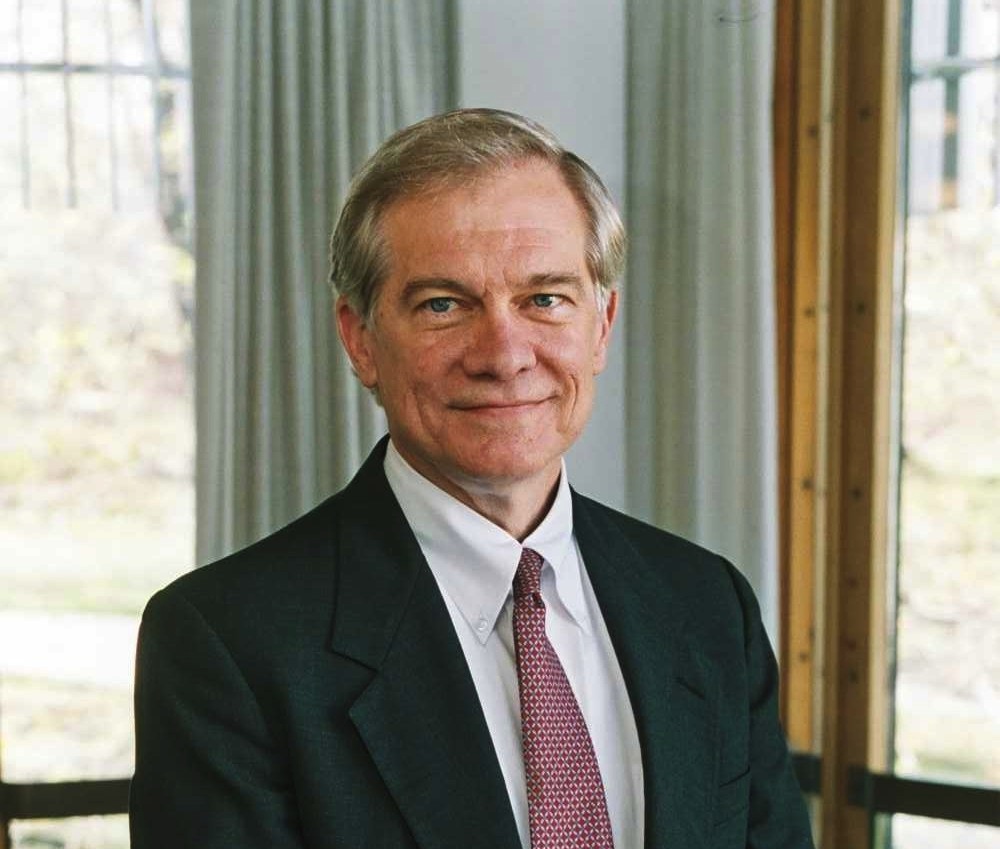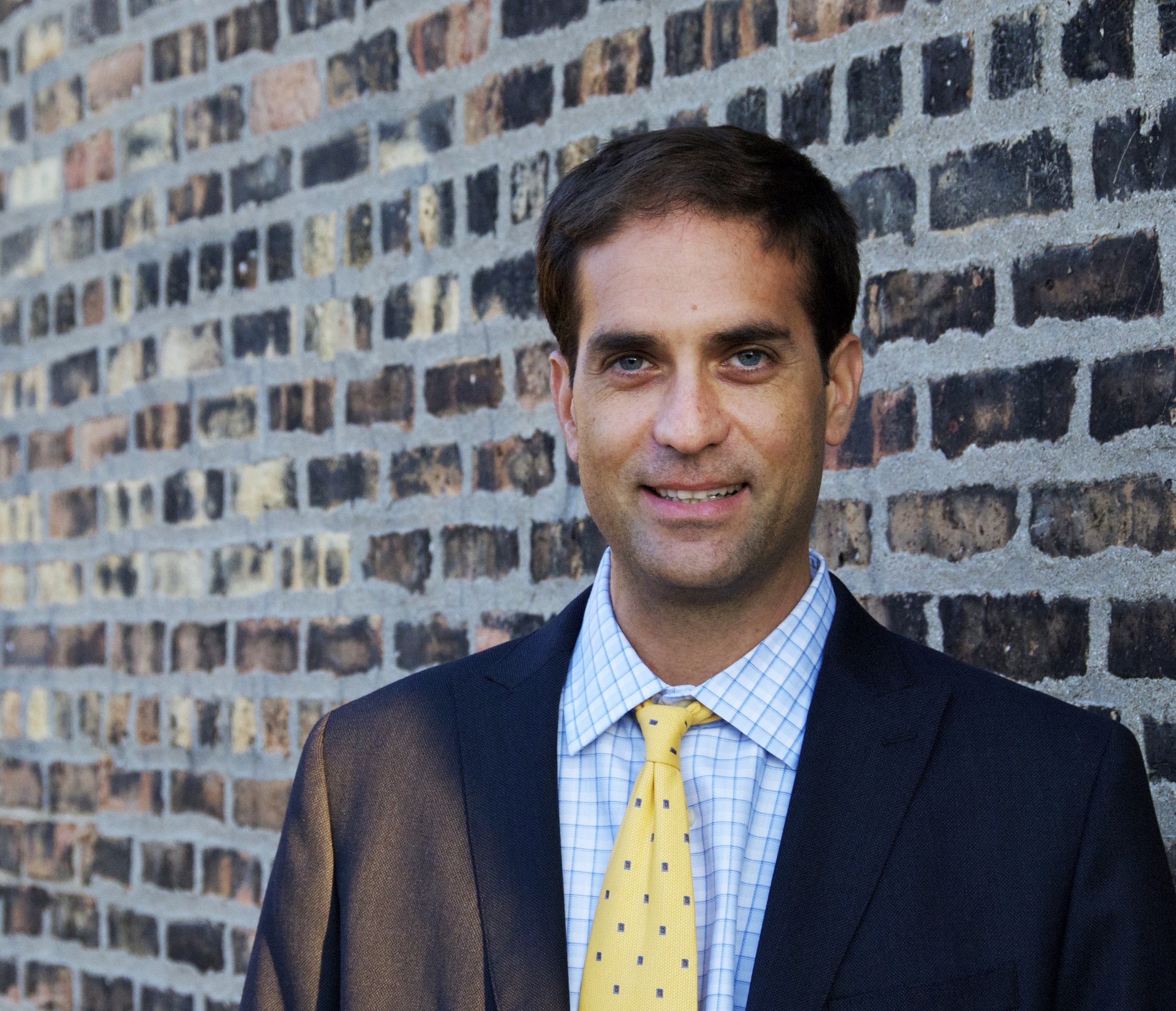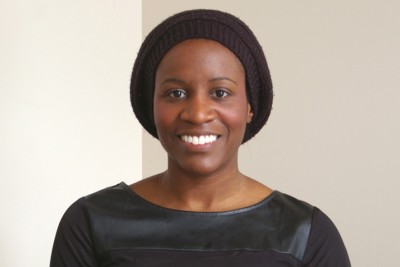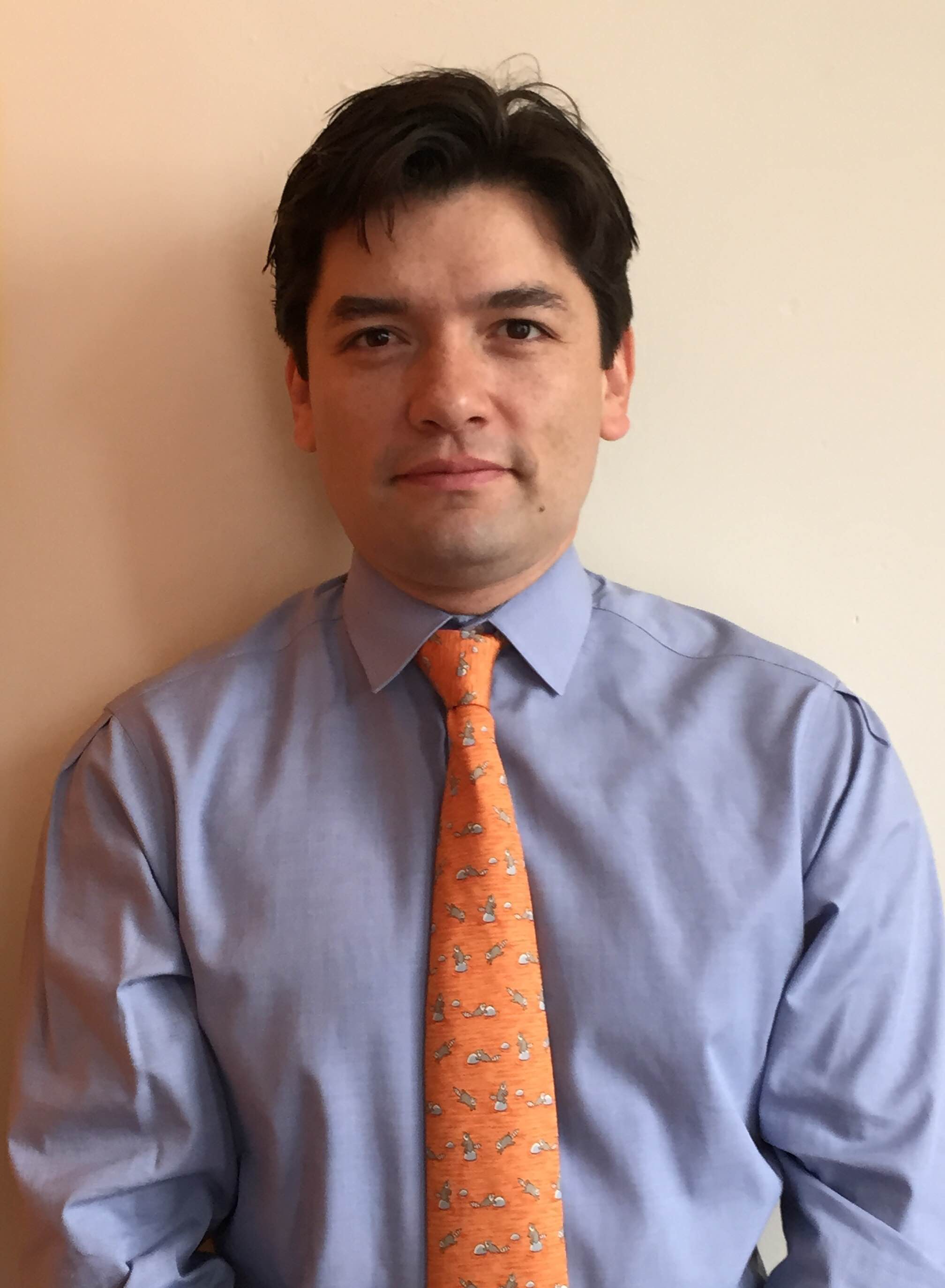The Dartmouth Project
The global technology revolution has fundamentally changed how people communicate and access and share information, including health information. There is now unprecedented access to mobile and electronic tools, even amongst disenfranchised people around the world, including those with serious mental illnesses. Tens of thousands of health-related mobile applications are currently available for download and use. Computerized tools can be used for training, quality improvement, monitoring outcomes, and other purposes. Technology-based tools show promise for helping people with even the most serious disorders, such as schizophrenia and bipolar disorder, to manage their illnesses and recovery processes by delivering skills and strategies in easily accessible ways. Emerging research indicates that technology tools can be highly effective when used properly.
Yet healthcare systems, and especially mental health and addiction services, have not widely adopted technology-based tools. There is widespread uncertainty among clinicians about how to find effective technology-based tools. Publicly available tools may or may not have good research evidence behind them. Clinicians may also worry about how to use technologies in delivering care and fear being displaced by technology. Clients are increasingly downloading available mobile applications, yet often do not know which tools may be helpful. Thus, the current context of technology-based tools for mental health and addiction problems is one of promise, but also one of uncertainty and confusion.
This project seeks to examine and optimize the use of technology tools in three phrases: (1) studying how clients and clinicians currently use technology in real-world clinical settings (in 2015); (2) implementing a clinical technologist to improve technology selection, matching tools with clients, training clinicians and clients, and monitoring implementation with quality improvement (in 2017); and (3) documenting the process and outcomes of inserting the clinical technologist (in 2017-18).
The Project is also funded in part by the West Family Foundation.
LOCATION
Hanover NH
Awarded
Fall 2015
The Team
Bob Drake, MD, PhD, has studied psychiatric rehabilitation for nearly 40 years and is internationally known for his contributions to transforming services toward greater alignment with client goals, functional independence, and the recovery process. He is the co-developer of the Individual Placement and Support (IPS) model of supported employment, one of the most successful and influential of evidence-based practices. He has devoted his career to the conceptualization, development, evaluation, and dissemination of evidence-based practices, including IPS, integrated dual disorders treatment, and many other models.
Elizabeth Carpenter-Song, PhD, is a medical anthropologist. Her work involves engaging with individuals, families, and communities to learn about the lived experiences and meanings of mental health problems and how people engage with mental health services. She uses ethnographic and qualitative methods to provide insight into a range of issues, including engagement in mental health services, pathways into recovery, strategies to support people following homelessness, and persistent inequalities in medical care experienced by minority and rural, economically disadvantaged populations. Her long-term goal is to apply anthropological approaches to make mental health services more patient-centered.
Dror Ben-Zeev, PhD, is Associate Professor of Psychiatry at Dartmouth College and licensed Clinical Psychologist who specializes in development and evaluation of technology-based approaches in the study, assessment, and treatment of mental illness. Dr. Ben-Zeev is the Founding Director of the Mobile Health (mHealth) for Mental Health Program (www.mh4mh.org), a multidisciplinary effort to harness mobile technology (e.g., texting, smartphone applications, multi-modal sensors) to improve the outcomes and support the recovery of people with psychiatric conditions. These include innovative smartphone applications for self-management of schizophrenia, mobile platforms for assessment of violence and suicidality in patients with psychopathology and co-occurring substance use, behavioral sensing systems for detection of psychotic relapse, and training of Mobile Interventionists that provide real-time/real-place treatment in outpatient and inpatient clinical settings. Dr. Ben-Zeev's work has been supported by multiple grants from the National Institutes of Health, National Science Foundation, Center for Medicare and Medicaid Innovation, Patient Centered Outcomes Research Institute, Dartmouth SYNERGY Clinical and Translational Science Institute, and John Sloan Dickey Center for International Understanding. In 2013 Dr. Ben-Zeev received a EUREKA award from the National Institute of Mental Health designed to support especially innovative, high-risk/high-reward research.
Valerie Noel, PhD, is a postdoctoral research associate at Dartmouth College. She has training in quantitative research methods, survey research, and program evaluation. Her work focuses on identifying the challenges and facilitators to implementation and sustainment of evidence-based practices aimed at promoting recovery in youth and adults with severe mental illness. She is exploring the potential of Individual Placement and Support to serve people with developmental disabilities and youth with mental illness to increase prospects for a fulfilling quality of life.
Leonardo Cubillos-Turriago, MD, is a psychiatry resident in the Department of Psychiatry at Dartmouth and a Senior Health Consultant at the World Bank Global Health Practice. He has served as Acting Vice Minister of Health and Welfare and as National Director General of Health Insurance for the Ministry of Social Protection in Colombia. He has taught at the World Bank Institute, and been a Lecturer at the Universidad de Chile Graduate School of Business and Economics and an Associate Instructor at the Universidad del Rosario Graduate School of Business in Colombia. Leonardo earned a Masters in Public Health at the Harvard University School of Public Health, and received his medical degree from Universidad del Rosario School of Medicine in Colombia. He is also Founder and CEO of an award-winning research and development foundation focused on health administration and public health.




